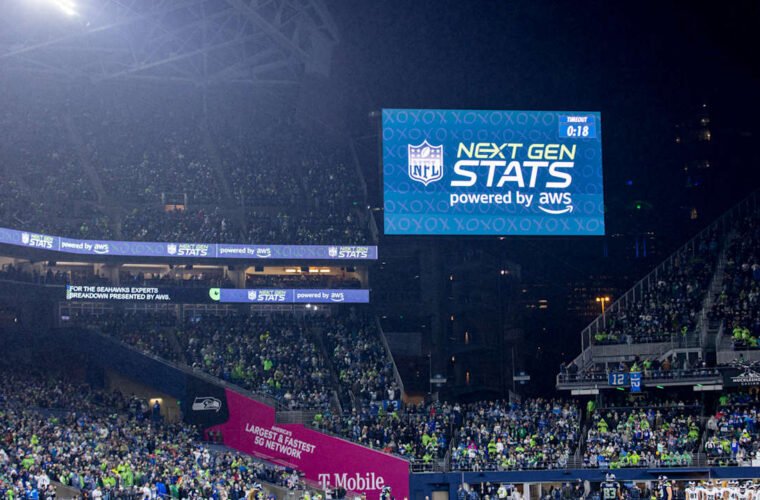Amazon in space in the sign of Kuiper. The giant intended to provide the first test customers with an internet connection from space in 2024. Also, by 2026, half of the required 3,200 satellites should be in orbit. Dave Limp, the company’s head of devices, confirmed this, pointing out that the first two satellites will be launched early next May. So Amazon, with Project Kuiper, will join China Satellite Network Group, Starlink and OneWeb in vying for dominance of low earth orbit.
Amazon’s Kuiper service would compete with Elon Musk’s Starlink. At the satellite industry conference, as reported by the Adnkronos agency, a prototype Kuiper receiver was also presented, which could be produced at less than 400 dollars per unit thanks to the company’s in-house chip development. These (codenamed Prometheus) will be used in customers’ receiving equipment in satellites and ground stations. Amazon (considering that the launch of the first satellites for later internet operations is on the agenda in 2024 and that it aims to build three to five satellites per day) expects to benefit from some advantages (as far as costs are concerned) thanks to the infrastructure of its own Aws cloud service, which is used by many start-ups and large companies that will be able to access the AWS network for data transmission.

Kuiper, receivers, satellites, and the challenge to Starlink
“We will definitely beta test with commercial customers in 2024,” said Dave Limp, senior vice president of Amazon devices, at a conference in Washington. Limp, who oversees Amazon’s consumer devices powerhouse, said the company plans to deploy “three to five” satellites per day to reach that goal.
Amazon plans to launch a pair of prototype satellites aboard a new rocket from the Boeing-Lockheed United Launch Alliance joint venture early this year. Last year, the Andy Jassy-led company announced the largest rocket deal in the history of the commercial space industry. In fact, Amazon has signed agreements with three companies for up to 83 launches to carry satellites from the Kuiper constellation into orbit. Specifically, the Seattle-based group has signed with the European Arianespace, Blue Origin (founded by Jeff Bezos), and United Launch Alliance (Ula), a joint venture between Lockheed Martin and Boeing. Notably, Amazon has not purchased launches from SpaceX, the most active private space company. The aim of the satellite network is to bring internet connections to areas currently without connections.



